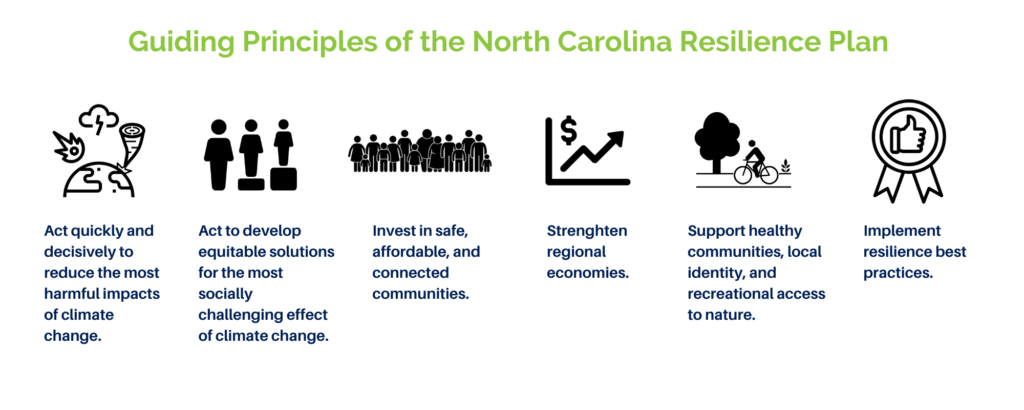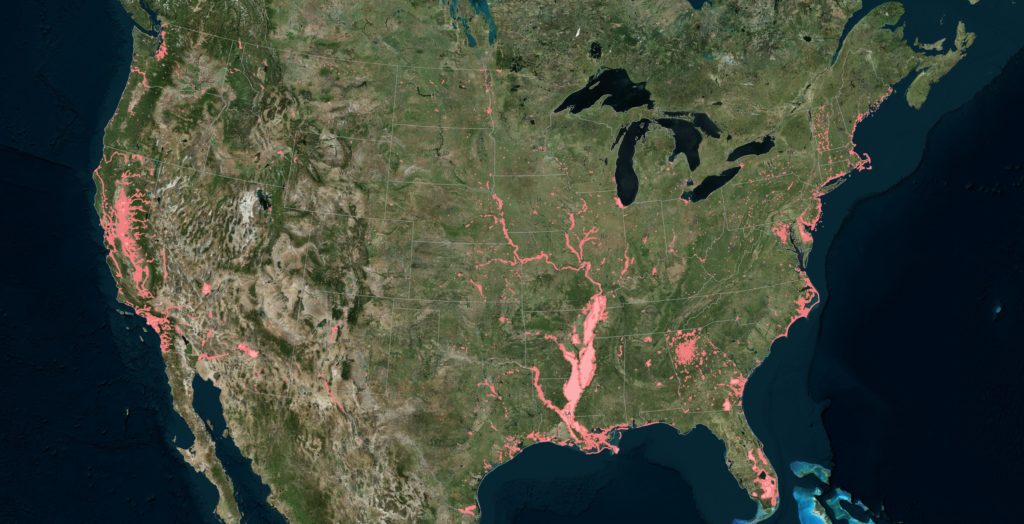Posts Tagged ‘Adaptation Voices’
Investing in Adaptation and Resilience Jobs
ASAP is committed to creating equitable access to adaptation and resilience jobs, ensuring quality job performance, and promoting consistent adaptation and resilience outcomes from the work that adaptation professionals perform. And while adaptation jobs are rapidly expanding, we hope that demand for the work will grow even faster. That’s why, more than ever, we need…
Read MoreCelebrating Black Excellence in Adaptation
This Black History Month, ASAP is celebrating the excellence that our Black members bring to the field. Among them are Shameika Hanson, Community Protection Specialist at The Nature Conservancy, and Emma Tipton, Policy Associate at the American Meteorological Society. We’re honored to share their reflections with our community. Read on to learn how they are…
Read MoreAdaptation Is On The Ballot
Very few events in the world are as influential as the U.S. federal election, and this election is like none other. Throughout our history we have seen policies implemented –or removed– to have hindered progress to slow climate change, but these past four years have been brutal not only in our approach to science but…
Read MoreCelebrating North Carolina and Emerging State Adaptation Leadership
Marlena Byrne, Katie Spidalieri, Annie Bennett, Ned Gardiner, Jim Fox, and Aashka Patel contributed to this story. As Gulf Coast communities rise from Hurricane Laura, ASAP members share how strong storms can give way to strong leadership. When Hurricane Florence pummelled North Carolina in 2018, on the heels of 2016’s Hurricane Matthew, attitudes about climate…
Read MoreAdaptation Voices July 2020
Want Precise Flood Risk Projections? Account for Adaptation. First Street Foundation recently made headlines with findings from their new flood model and the bottom line is stark: many more properties are at risk of flooding than previously thought. The innovative model takes into account future climate conditions including increased rainfall, sea level rise, and increased sea…
Read MoreActionable Science Case Study: Modeling Forest Thinning Effects on Water Yield for the Four Forest Restoration Initiative
Severe drought and wildfires in the Southwest are causing tree die-offs. The Nature Conservancy, through the USFS Four Forest Restoration Initiative, is testing and evaluating new approaches to forest management in the ponderosa pine forests and watersheds around Phoenix. This project, which has demonstrated short term benefits for river flow to the Salt-Verde watershed is just one…
Read More



